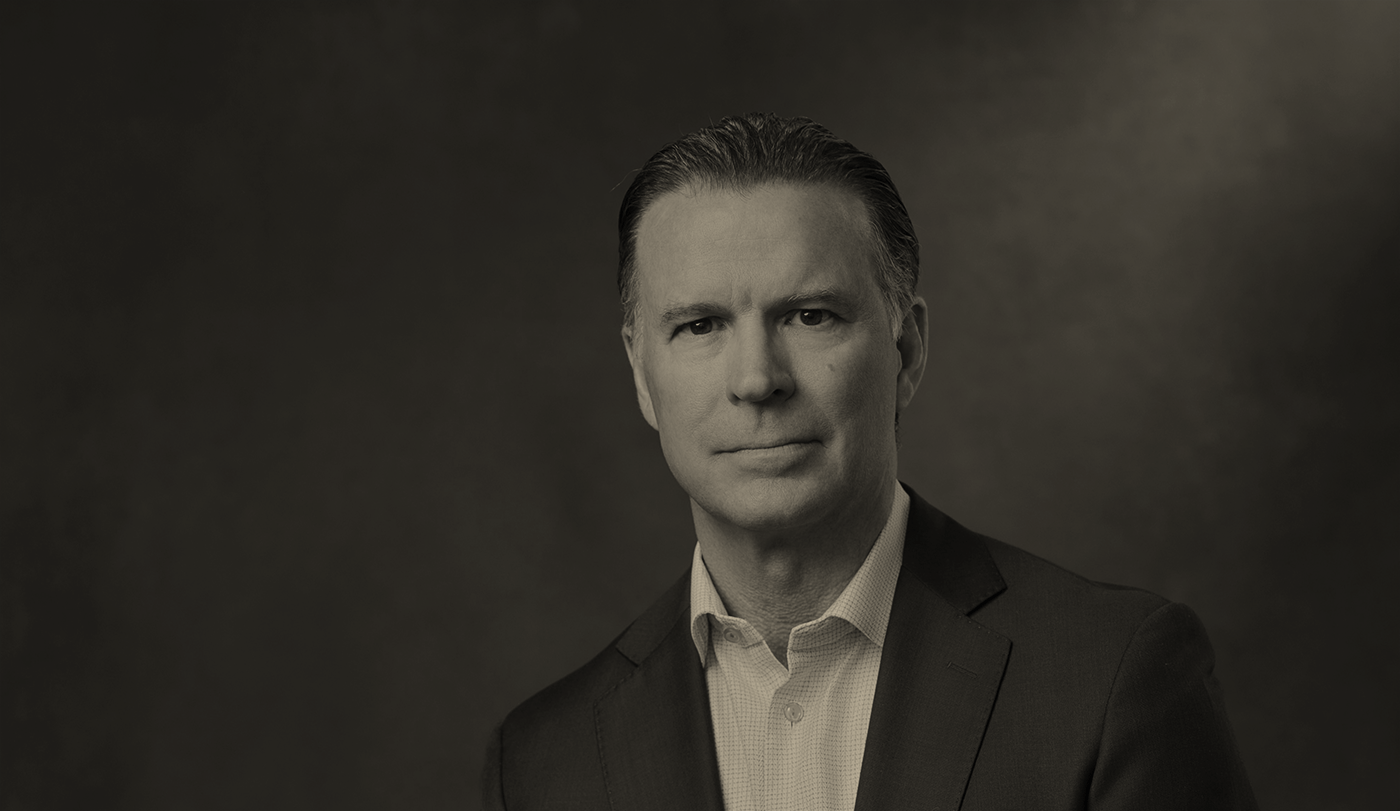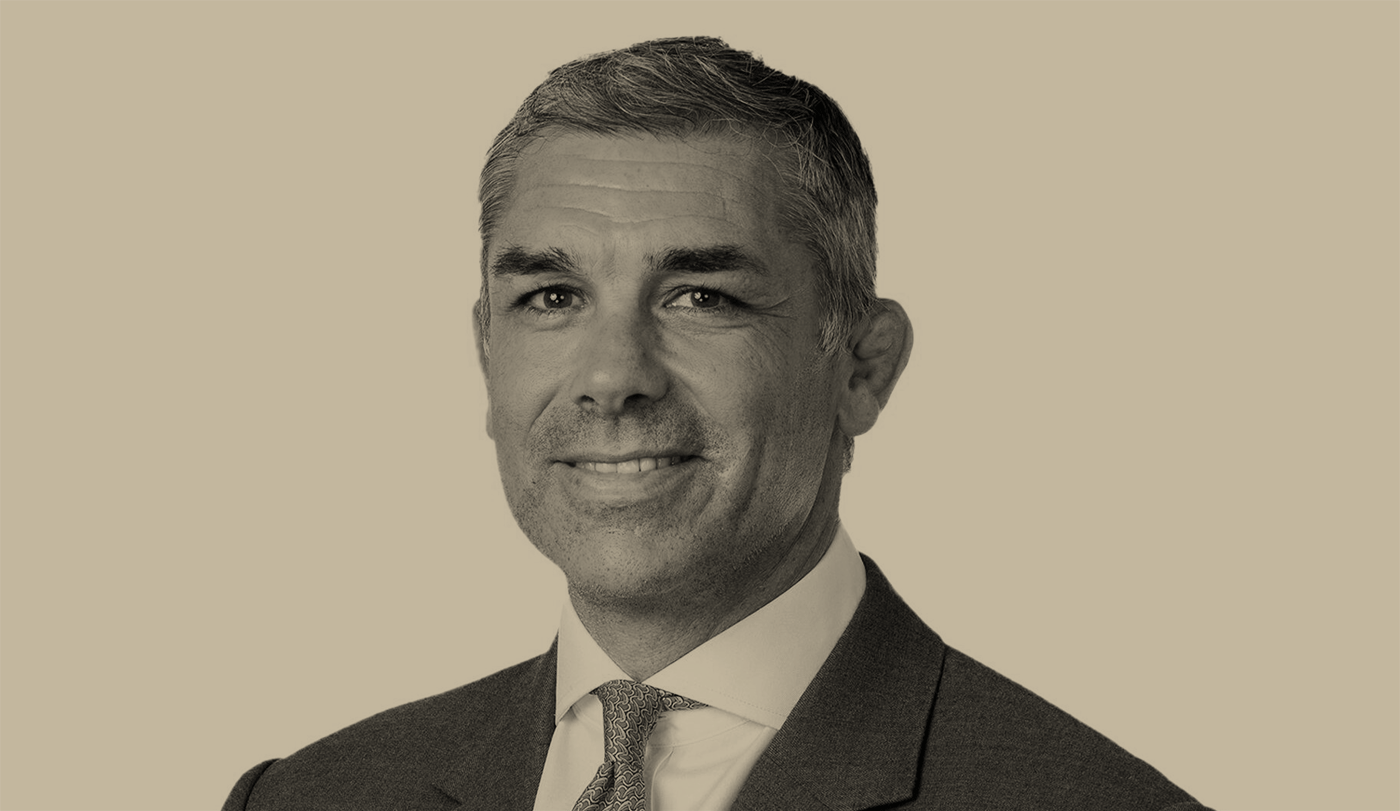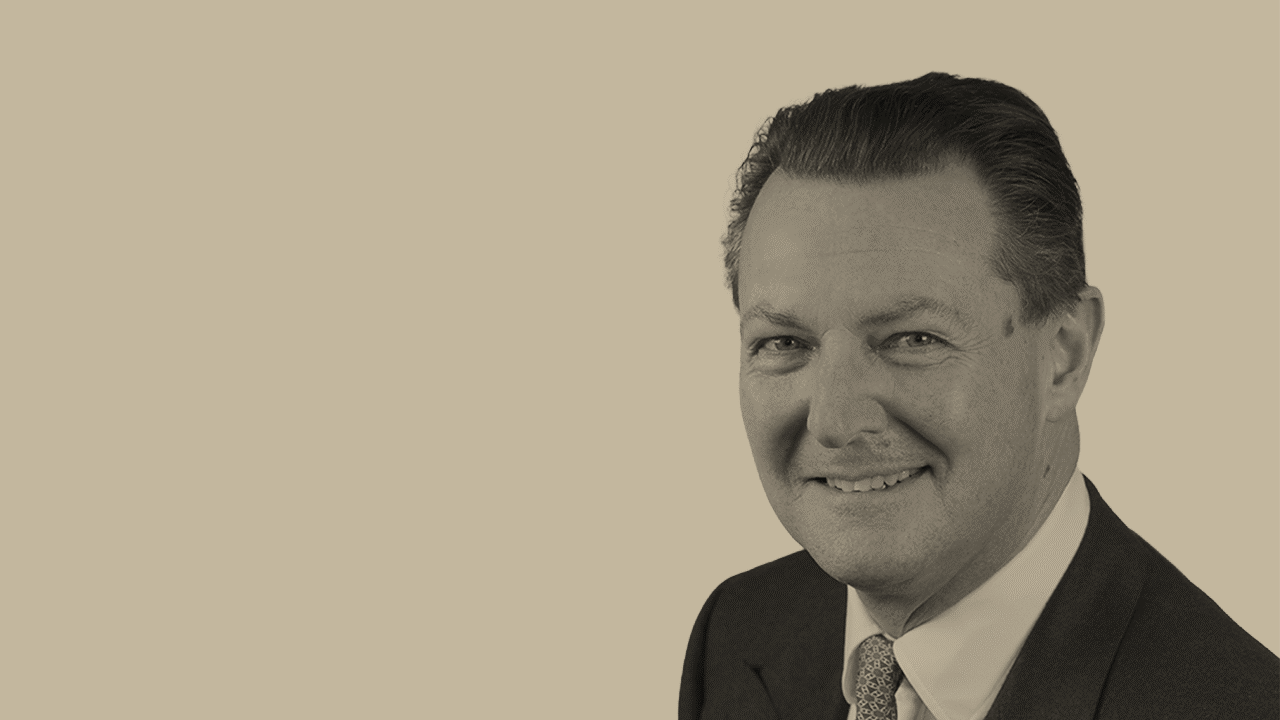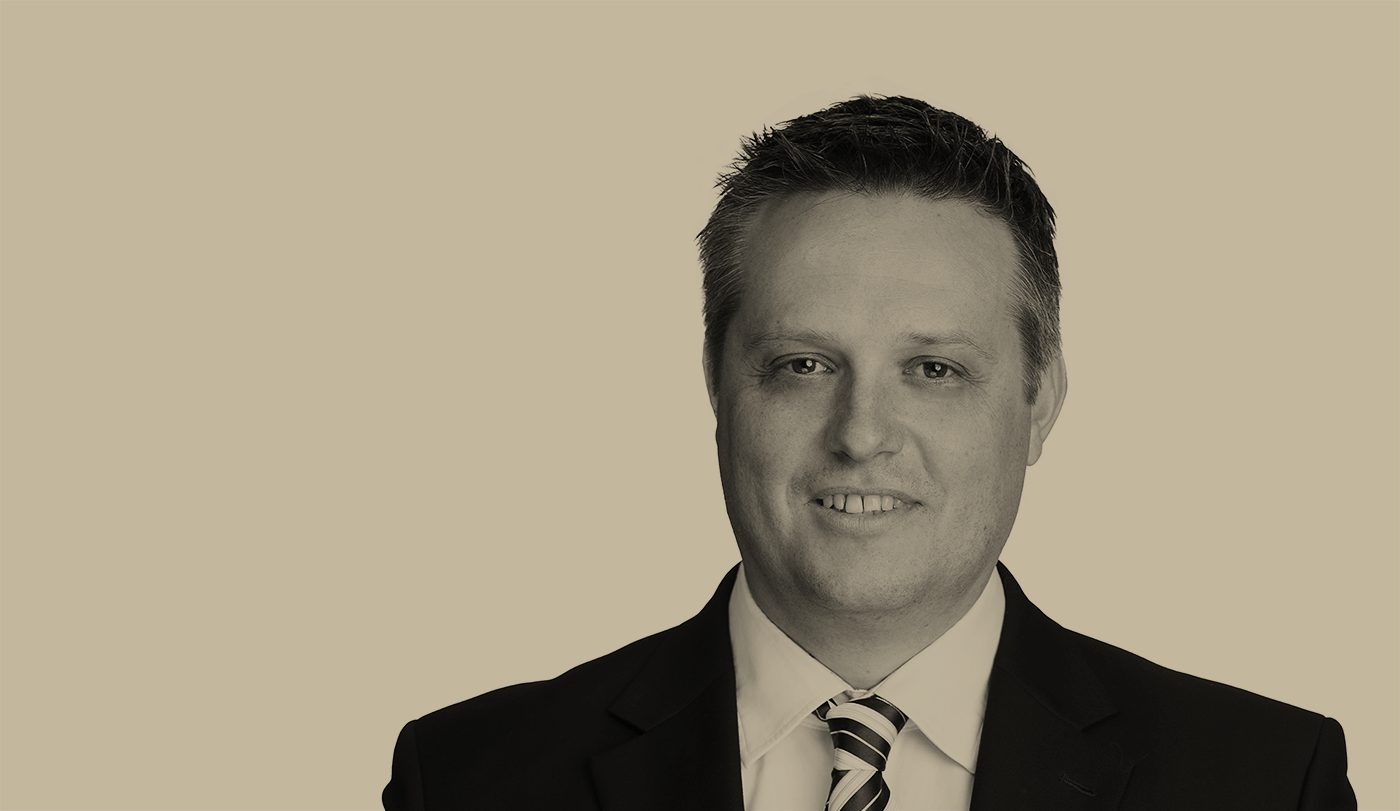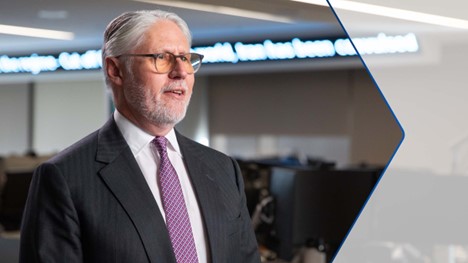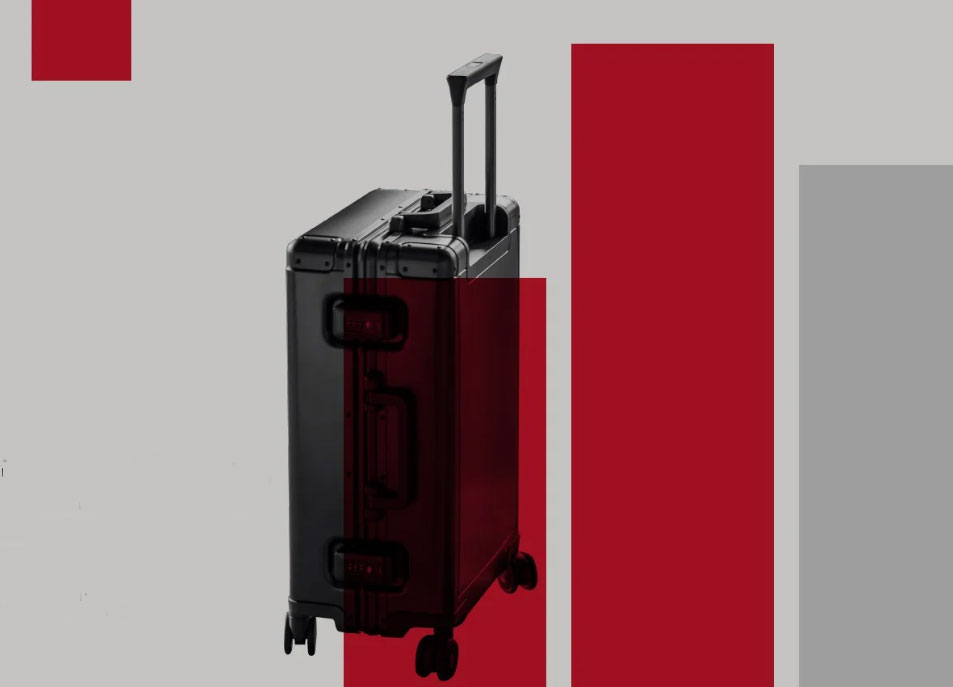Arcus Investment head of business development Ed Poulter on a contrarian approach to Japanese equities – and a striking embodiment of some of the country’s key values
What is your take on potential demand and fund-flows from UK-based wealth managers and their clients over the next 12 months?
First – and thankfully – I feel like passive investing has had its time in the sun for long enough and a reversion to active is imminent. Second, I have been hearing that UK wealth managers and their respective clients are increasingly uncomfortable with their S&P concentration and US growth cyclicality. In consequence, several have noted that, to diversify without compromising quality, they are considering actively managed European or Japanese equity funds.
In terms of the latter, the main reason given is that Japan still trades at a discount to the US. Also, with far less index concentration, it offers high alpha dispersion – especially in under-researched small and midcap companies. Alongside this, ongoing Tokyo Stock Exchange and government reforms continue to unlock buybacks, higher payout ratios and return-on-equity improvements, which should help achieve what income-seeking UK clients want, without chasing US tech.
As a business, how are you planning to address and serve that interest?
When compared to western markets, Japan is comparatively inefficient. To serve this interest, we continue to follow the same, unwavering investment process we have used across the last 26 years. Unlike many of our peers, our Japanese equity UCITS fund is highly contrarian and benchmark-agnostic. Questioning this aforementioned market inefficiency by buying when others are fearful is a key feature of what we do.
It is important to add that the Japanese equity market – despite being one of the largest among the world’s developed markets – is less liquid than one might assume. We are conscious of this and have capped our flagship fund’s assets under management at some $3bn (£2.25bn) through a soft-close policy to protect performance integrity. That discipline means we can be more flexible and operate across a universe of at least 500 stocks.
Are you seeing a divergence in the demands of UK wealth managers versus, for example, their peers in Europe or on the institutional side in the UK?
We have noticed that UK wealth managers tend to gravitate towards larger funds – prioritising lower risk and following a safety-in-numbers approach. By contrast, sovereign wealth funds, pensions, endowments and family offices tend to be more inclined towards specialist exposure to the European and Japanese markets, given their scale and longer-term outlook. This has become our core client base, with our AUM-cap model resonating particularly well with private wealth and family office investors.
What drives your approach to communicating with your investors? And is there a case for focusing on attracting the ‘right’ type of client?
We are often questioned about our contrarian holdings, which is why clear communication is central to how we engage with investors. As bottom-up, value investors, our portfolio tends to be differentiated – we avoid making broad sector calls or following market trends. Instead, we focus on identifying undervalued companies whose challenges are temporary or less severe than the market perceives.
To help investors understand these positions, we aim to be as transparent as possible about our investment process and portfolio positioning. Our sell discipline is also gradual – relying on deep research to build and exit positions over time, as opposed to making abrupt moves. This approach helps investors see not just what we own, but why we own it, and fosters alignment with those who share our long-term perspective.
Outside of work, what is the strangest thing you have ever seen or done?
I once saw a vending machine in a very remote part of Japan – in Hyogo prefecture, just north of Kobe – that sold fresh eggs and amazing vegetables from local farmers. It was such a surprising sight – so very different from the drinks and snacks you would find in machines back in the UK – standing by the roadside, stocked with fresh produce and reflecting how, even in the most rural places, Japan’s sense of convenience, efficiency and community comes together.
May we have two book recommendations, please – ideally, one with an investment connection?
Non-fiction would be Morgan Housel’s The Psychology of Money – a book that makes you stop and think about your choices, your goals and why money means different things to different people. It exemplifies why the best portfolio managers are calm and considered and less emotional than others. As for fiction, I recently read The White Tiger, by Aravind Adiga, which is a pretty fantastic book if you have any interest in India.
Gazing into your crystal ball, what does the asset management sector look like 10 years from now?
In 10 years, I believe asset management will be smarter, leaner and fully tech-enabled. AI-driven strategies will dominate portfolio construction, while blockchain will streamline operations and enhance transparency. Consolidation will continue, and wealth and asset management firms will either become monoliths, with very little differentiation, or unique and bespoke, servicing more high-net-worth clients. Regardless, individuals will continue to expect hyper-tailored solutions – and sustainability will (hopefully!) be embedded in every decision.
“Questioning Japan's comparative market inefficiency by buying when others are fearful is a key feature of what we do.



